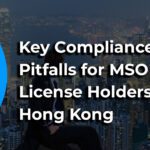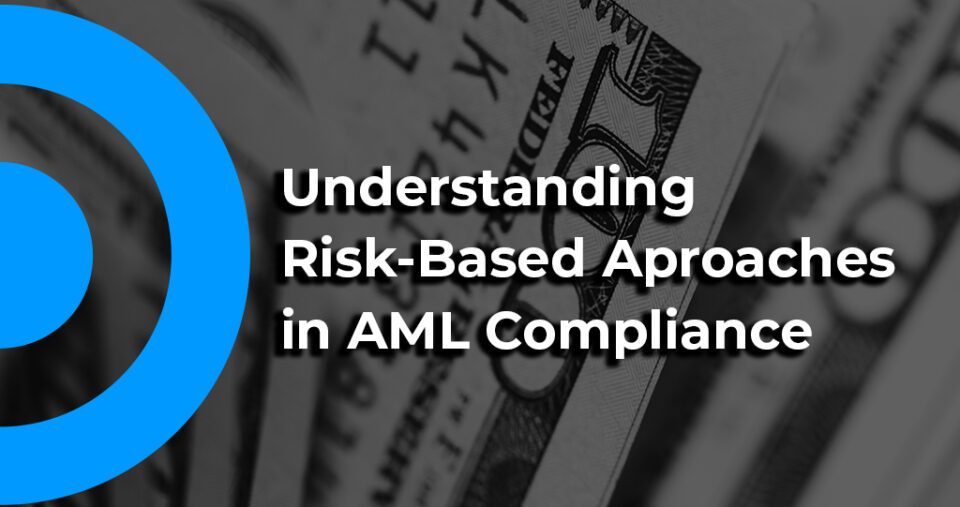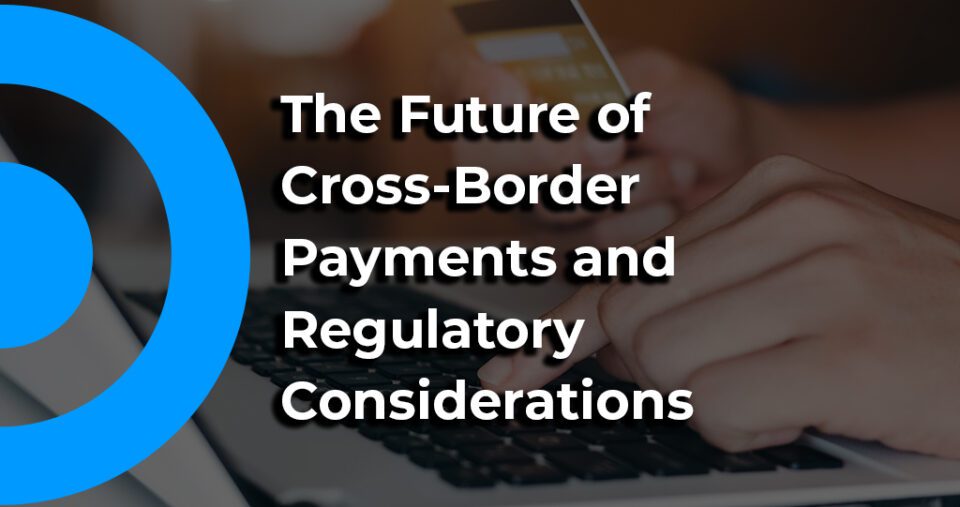
Key Compliance Pitfalls for MSO License Holders in Hong Kong
October 16, 2024
Breaking Down the Application Fees for MSO Licensing
October 18, 2024Compliance is at the heart of operating a Money Service Operator (MSO) in Hong Kong. With the Customs and Excise Department (C&ED) actively enforcing the Anti-Money Laundering and Counter-Terrorist Financing Ordinance (AMLO), even small lapses in compliance can lead to serious consequences.
Recent MSO Disciplinary Actions in Hong Kong reveal common mistakes made by MSOs and the resulting penalties. Let’s break down the lessons learned from these cases and explore how your business can avoid similar pitfalls.
Also, Get a better understanding on Getting Started with Your MSO License Application: Robust Guide for a Business Plan Submission
Key Takeaways
- MSOs must maintain accurate and updated records of customer and transaction details to avoid breaches.
- Failure to establish proper Customer Due Diligence (CDD) measures can result in public reprimands and remedial actions.
- Notify the C&ED promptly about any changes in business details, such as bank accounts or directorships, to avoid penalties.
Recent Disciplinary Actions and What They Tell Us
In August 2024, the C&ED took MSO Disciplinary Actions in Hong Kong against several licensed MSOs, including Famous Exchange, Emperor Exchange Shop, and Happing Change. These cases provide a clear picture of where MSOs frequently go wrong and the potential repercussions.
1. Inadequate Customer Due Diligence (CDD)
One of the most common breaches highlighted in these disciplinary actions is the failure to properly conduct Customer Due Diligence. For instance, regulators penalized Happing Change for failing to conduct CDD measures before establishing business relationships in eight remittance transactions.
This included not verifying customer identities, not identifying beneficial owners, and failing to confirm authority for those acting on behalf of customers. Emperor Exchange Shop faced similar issues, failing to verify the originator’s identity before carrying out two remittance transactions. In another case, they did not check the authority of individuals acting on behalf of customers.
How to Avoid This: Ensure that your CDD processes are thorough and consistently applied. This includes:
- Verifying customer identities and beneficial ownership before conducting transactions.
- Ensuring that anyone acting on behalf of a customer has the proper authority.
- Documenting all verification steps clearly to avoid future disputes.
Read more on Avoiding Costly Mistakes: Key Compliance Pitfalls for MSO License Holders in Hong Kong
2. Record-Keeping Failures
MSOs must maintain detailed records of transactions and customer due diligence. However, regulators found Famous Exchange in breach of AMLO for failing to keep copies of remittance transaction documents and data linked to a Mainland bank slip. This breach led to a public reprimand and an order for remedial action.
Emperor Exchange Shop also failed to maintain records of customer due diligence screening for six remittance transactions, which constitutes a significant breach of AMLO.
How to Avoid This: Make sure your business has a reliable system for keeping records of:
- Every transaction, including details of the sender and recipient.
- Documentation related to CDD procedures.
- Copies of all supporting documents for transactions, like bank slips and identification records.
Ensure these records are easily accessible in case of an inspection or audit.
3. Notifying the C&ED of Business Changes
Regulations under AMLO require MSOs to notify the C&ED of any changes in business particulars within a specific timeframe. This includes changes to bank accounts, premises, or key personnel. Happing Change and Famous Exchange both failed to notify the C&ED of changes in bank accounts within the required period, leading to penalties.
This is not just a minor oversight—it’s a direct violation of Section 40 of the Ordinance, which can result in significant disciplinary action.
How to Avoid This:
- Set up a compliance calendar that tracks important regulatory deadlines, such as the need to report changes in business details within 30 days.
- Assign a dedicated compliance officer or team member to handle communication with the C&ED to ensure nothing slips through the cracks.
Consequences of Non-Compliance
Failure to comply with Hong Kong’s MSO regulations doesn’t just lead to minor fines. The C&ED’s recent actions show that penalties can include:
- Public Reprimand: Your business could face reputational damage if reprimanded publicly for non-compliance. Public reprimands are published and can harm relationships with partners and customers.
- Remedial Action Orders: In almost every case, the C&ED ordered the MSO to take remedial actions, such as updating their procedures and records. These orders can be time-consuming and costly.
- License Suspension or Revocation: In severe cases of non-compliance, businesses risk losing their MSO license entirely, which would effectively shut down their operations.
Read more on how much it costs to apply for an MSO License
Staying Compliant: Key Practices for MSOs
To avoid the pitfalls that led to disciplinary actions against Famous Exchange, Emperor Exchange Shop, and Happing Change, MSOs must take proactive steps to ensure full compliance with AMLO. Here’s what your business can do:
- Strengthen Customer Due Diligence Procedures
- Implement strict CDD measures for every customer and ensure that beneficial ownership is identified and verified. Regularly review and update these processes to align with the latest regulations.
- Implement Robust Record-Keeping Systems
- Ensure that all customer and transaction records are properly stored and maintained. Digital solutions can help automate this process, reducing the risk of errors or missing information.
- Notify the C&ED of Changes Immediately
- Whether it’s a new bank account, a change in key personnel, or relocation to new premises, make sure the C&ED is informed promptly to stay compliant with regulatory requirements.
- Assign a Dedicated Compliance Officer
- A compliance officer can manage all aspects of regulatory adherence, from filing reports to ensuring AML policies are up-to-date.
Why Partner with PayCompliance?
The challenges of maintaining compliance with Hong Kong’s MSO regulations can be overwhelming, but with the right partner, they don’t have to be. PayCompliance offers tailored solutions to help your business stay compliant, from managing AML policies to handling communications with the C&ED and avoiding MSO Disciplinary Actions in Hong Kong. With our expert support, you can focus on growing your business, confident that your compliance needs are covered.
Final Thoughts
Compliance is non-negotiable for MSOs operating in Hong Kong. Recent disciplinary actions taken by the C&ED highlight the consequences of failing to adhere to the strict regulations laid out in AMLO. By strengthening your CDD measures, maintaining accurate records, and ensuring timely communication with regulators, your business can avoid the costly penalties that others have faced. And remember, you don’t have to navigate this complex regulatory environment alone—PayCompliance is here to help.



